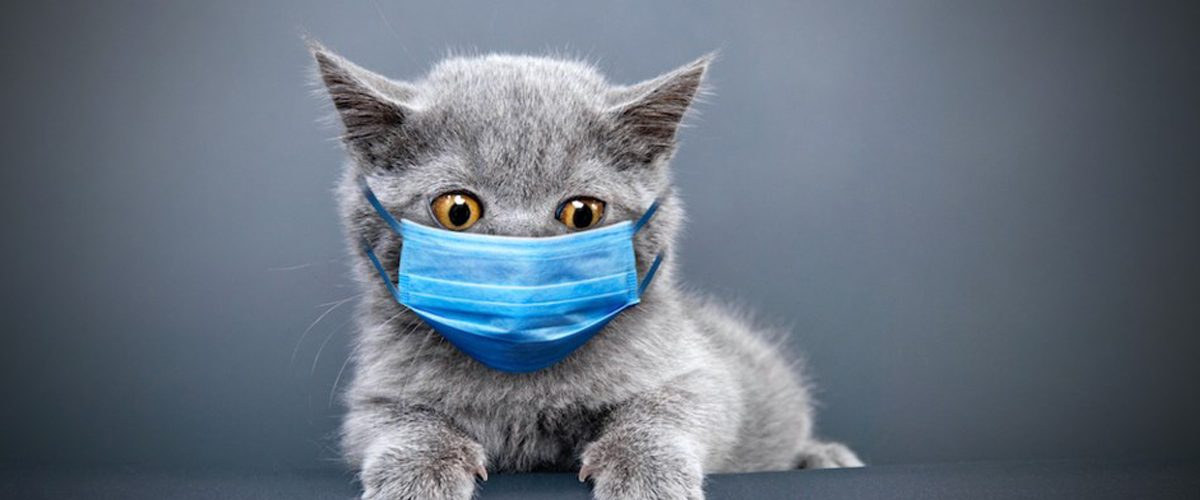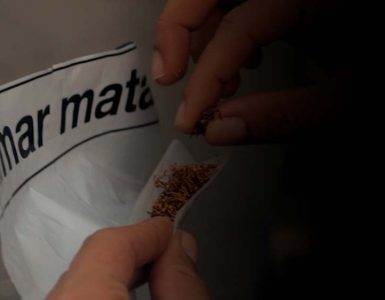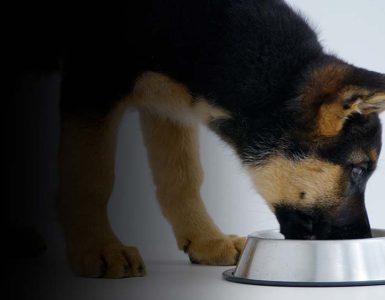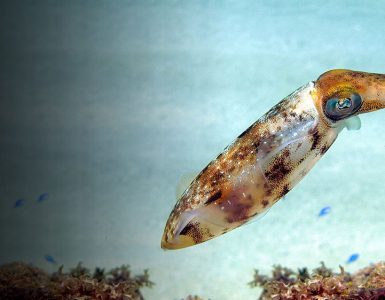Coronavirus has evolved in the past two years, from its early detection in April 2020 to now. Many lethal variants are of concern to the world. To prevent further mutation of the virus, the government may have to consider vaccinating animals, since they could be the source of infection too. For example, there is evidence, that cats can transmit the infection to other cats.
if transmission between humans and cats happens easily, then controlling the pandemic in people might require measures to prevent it, and that might include vaccinating and quarantining cats. But up until now, there is much evidence of transmission of covid-19 from humans to cats and not the other way around. Though these domesticated animals don’t look like a threat for catching the disease itself, there is a concern about the appearance of new variants in the longer run.
The long-term risk of SARS-CoV-2 in other species is that if the virus starts circulating in them, a new, even more, the unpleasant variant could appear and not be recognized as a problem until it gets passed back into people.

The Scientific Advisory Group for Emergencies (SAGE) reported about the long-term evolution of SARS-CoV-2 and has presented a possibility of the emergence of new variants in animals. And an easy way to minimize the risk is to identify the new variants in animals before they appear in people.
The mass vaccination of pets is out of the question. Though researchers are trying to develop a vaccine for pets, it will not be much effective, because carrying out late-stage trials in dogs and cats will be hard due to low infection rates, thus not enough sample size will be available to make the evidence strong.
Mick Bailey, Professor of Comparative Immunology, University of Bristol writes in a blog post at The Conversation, that “There would be no point in large-scale euthanasia of cats unless the variant was already widespread. Providing that surveillance for SARS-CoV-2 in people and animals is in place to identify any such variant before it becomes dangerous, there’s no point in worrying about large-scale euthanasia of our pets.” To avoid poorly informed overreactions, Mick emphasizes the importance of surveillance programs in pets and wildlife, throughout the country.
















Add comment